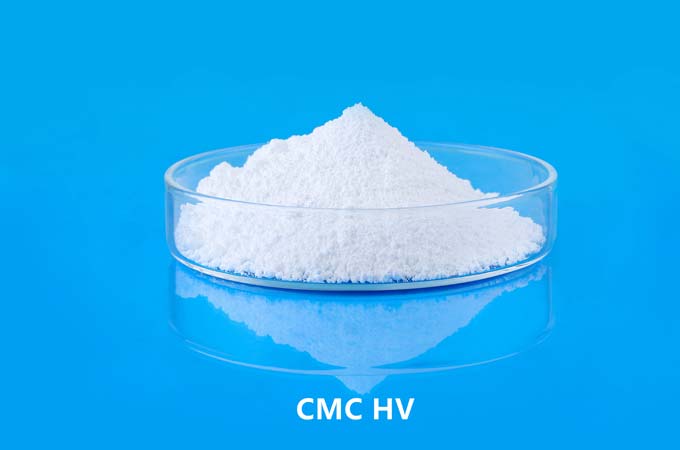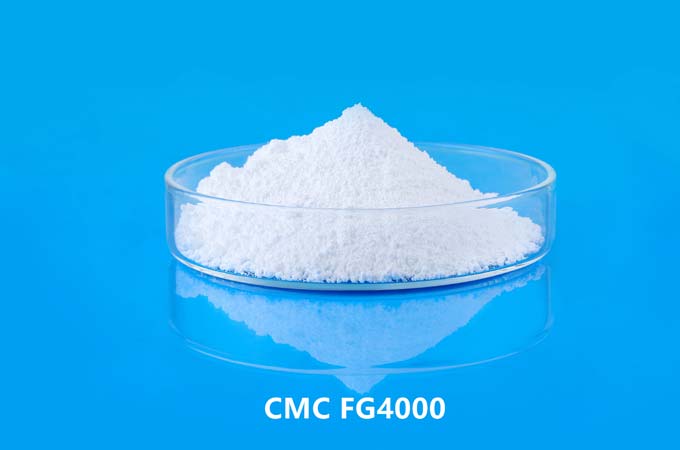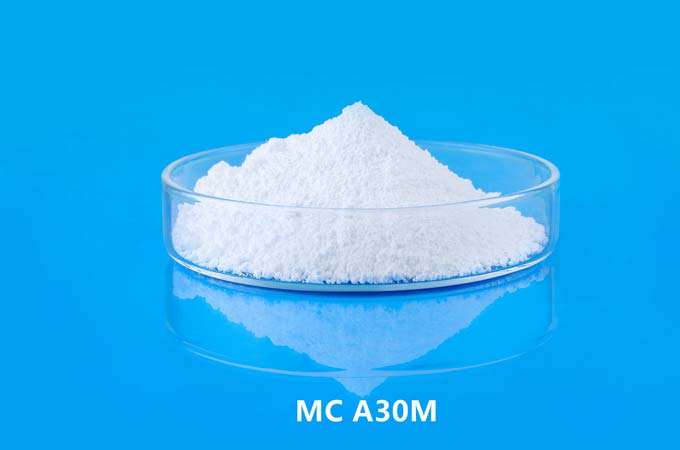Redispersible polymer powder (RDP) is an important organic additive, which is widely used in dry-mixed mortar systems, such as tile adhesive, self-leveling mortar, exterior wall insulation mortar, repair mortar, etc. It has good dispersibility and film-forming properties, and can significantly improve many properties of mortar.
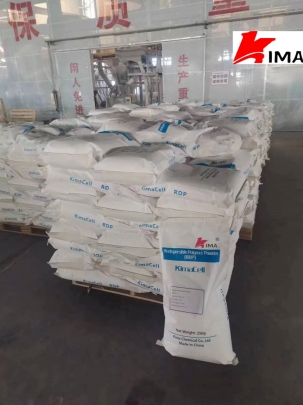
1. Enhanced bonding performance
One of the most significant effects of Redispersible polymer powder is to improve the bonding strength of mortar. RDP can be redispersed into polymer emulsion after adding water and stirring, forming a strong polymer film between the substrate and the mortar. This film can penetrate into the pores of the substrate, enhance the interfacial bonding strength, and make the mortar more firmly attached to various substrates, such as concrete, masonry, gypsum board, etc.
2. Improve flexibility and crack resistance
Traditional cement mortar is prone to cracking due to its large brittleness when the temperature changes or the base is deformed. The polymer film formed by RDP in the mortar has a certain flexibility and can significantly improve the crack resistance of the mortar. Especially in the exterior wall insulation system and tile adhesive, the addition of RDP can absorb the slight deformation of the base layer and prevent cracks caused by thermal expansion and contraction, thereby improving the overall durability of the system.
3. Improve water resistance and weather resistance
The polymer film formed by RDP has good hydrophobicity and airtightness, which can reduce the penetration of water through the mortar layer and improve the anti-seepage performance. This water resistance is especially important for mortar in outdoor or humid environments. In addition, the polymer film also has excellent UV resistance, which helps to extend the service life of the mortar and improve its weather resistance.
4. Improve construction performance
During the construction process, the workability and water retention of the mortar are crucial to the quality and efficiency of construction. RDP can improve the fluidity of the mortar, making it easier to apply and spread the mortar, while extending the open time and reducing the risk of shrinkage and cracks during construction. In addition, RDP's improvement in water retention can also prevent excessive loss of water, ensure sufficient hydration of cement, and improve the final strength of the mortar.
5. Enhance the compressive and flexural strength
RDP and inorganic cementitious materials (cement, lime, etc.) work together to improve the overall mechanical properties of mortar. The polymer film enhances the density and toughness of the mortar, thereby improving its compressive and flexural strength. This is particularly important for mortars in load-bearing or impact-prone areas, such as ground leveling layers, self-leveling floors, etc.
6. Reduce water absorption and improve alkali resistance
Redispersible polymer powder has certain hydrophobic properties. The polymer film formed after drying and curing can close the capillary pores and reduce the entry of water into the mortar, thereby reducing the water absorption of the mortar. In addition, some latex powder formulas contain anti-alkali components, which help to improve its stability in high-alkali environments and avoid polymer degradation.
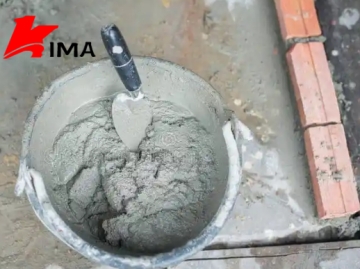
7. Improve compatibility with various fillers
The addition of RDP makes it easier for the mortar system to encapsulate fillers, pigments and other additives, thereby improving the dispersibility and stability of the system. This feature is very important for modified mortars such as tile adhesives, self-leveling mortars, decorative mortars, etc., which helps to optimize product performance and simplify formula design.
As a highly efficient modified material, Redispersible polymer powder can improve the performance of mortar in many aspects. Its main advantages are as follows:
Significantly enhance bonding strength;
Improve flexibility and crack resistance;
Improve water resistance, weather resistance, and alkali resistance;
Optimize construction performance and water retention;
Enhance mechanical strength and improve service life.
RDP occupies an important position in modern building materials and is an indispensable key component of various functional mortars.
 English
English 日本語
日本語 français
français Deutsch
Deutsch Español
Español italiano
italiano русский
русский português
português العربية
العربية Türkçe
Türkçe Nederland
Nederland


